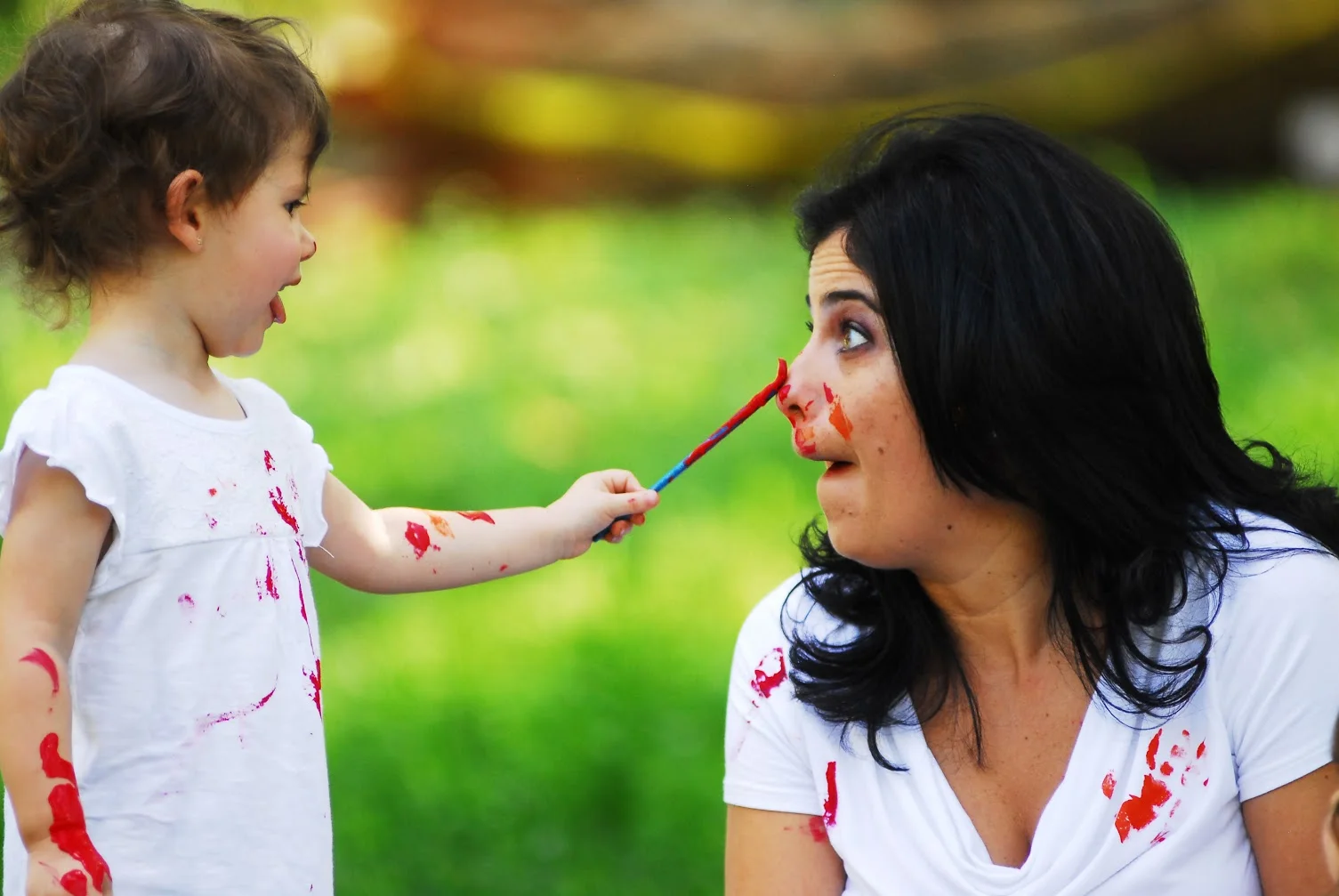I watched my daughter’s eyes swell up with tears and thought, “here it is, here is the day I have been dreading.” We spoke while I brushed her hair about an incident she had in her classroom. The students in her class have begun to point out how intelligent she is. They react to her with jokes spiced with sarcasm saying, “What’s the magic recipe for getting all the answers right?” This is not bullying. These are just kids reacting, noticing, moving through the markers of development. The ones speaking to her this way are defending themselves from embarrassment and fear of my daughter judging their mistakes or their perceived lack of knowledge compared to her. My daughter has begun to balance with how to be her authentic self: intelligent, curious, an avid reader and friend, with her need to remain in relationship with those around her.
Why Your Kindergartener is Inconsolable
Little people are just like big people. In this moment, my child was acting like a grown-up starting a new job. He was experiencing a kindergarten version of adult concerns: “What are these people going to be like? Will I like my boss? Am I going to be able to do the work?” In those moments it is important to take a moment and hold them and tell them that it is normal to be scared. Take that opportunity to
Two Key Points in Handling Sibling Rivalry
As a parenting and child development expert, I generally know how to handle these moments of rivalry, but as a parent I understand how excruciating and off putting they can feel. Here are some things to keep in mind the next time your siblings fight.
The most important point: if no one is bleeding,
What Spanking May Be Teaching Your Children
The statistics and multiple negative outcomes of children that are disciplined with corporal punishment are well known to those who work with children. Children’s Trends, a research group, found that corporal punishment increases negative outcomes in adolescence like low academic achievement, alcohol and drug use, antisocial behavior. They also found that the older the age of the child, the greater the negative outcomes. So why do 70% of parents in the United States believe in spanking?





